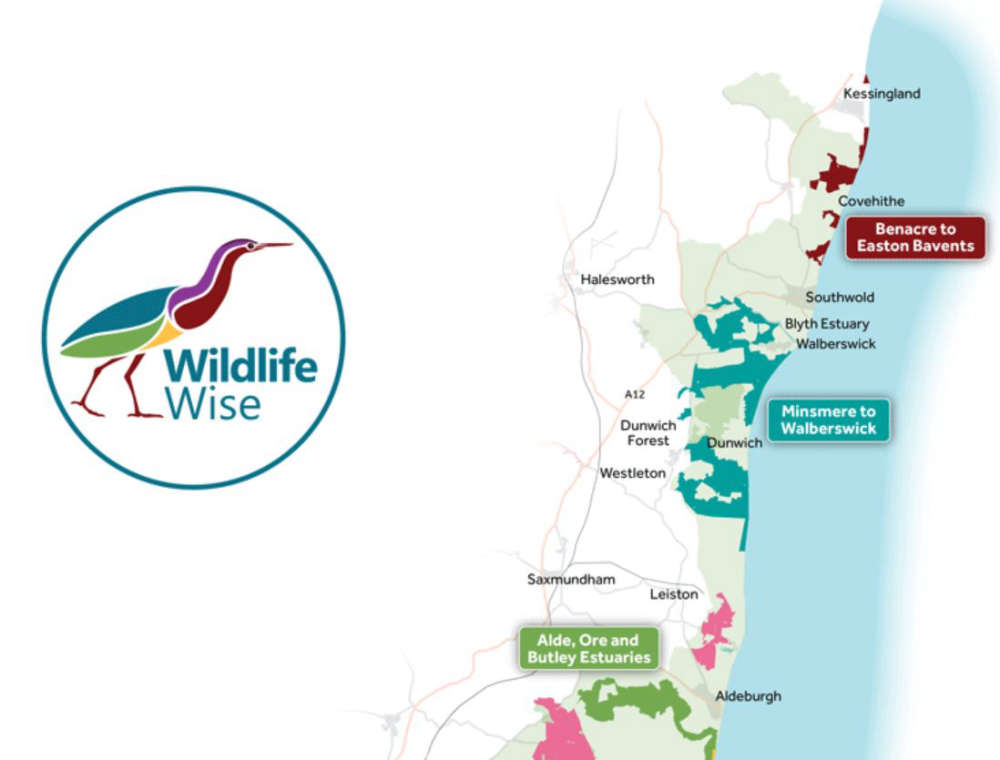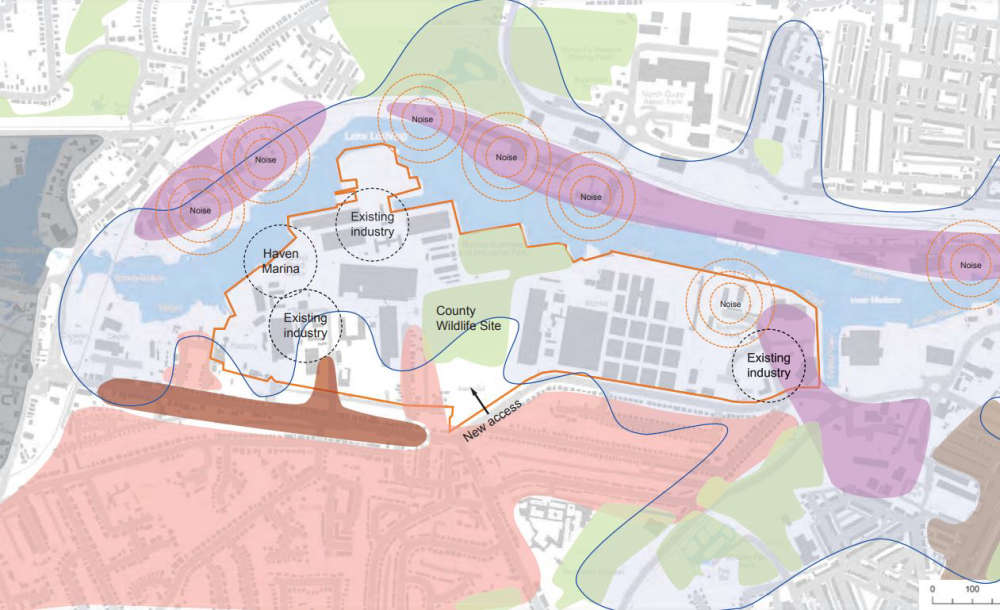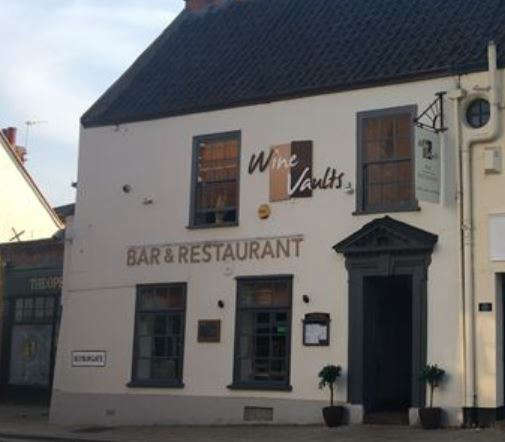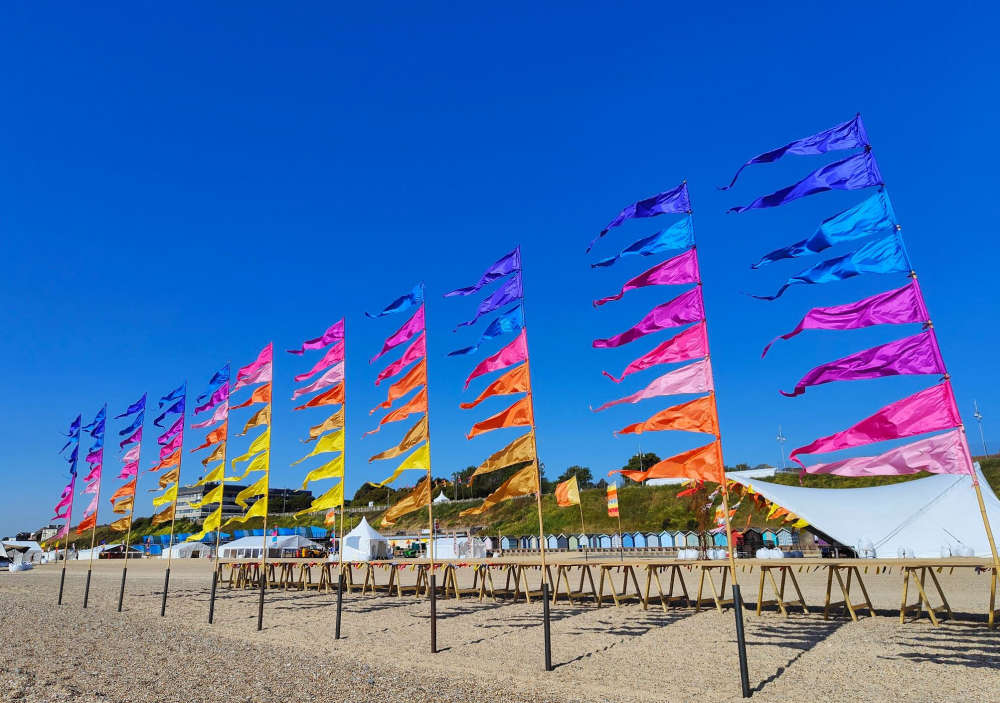
Thousands of pounds have been set aside to help protect nesting birds on Kessingland beach.
The Wildlife Wise project grant of almost £5000 - will be used to support the RSPB team as they work to protect Little Terns, Ringed Plovers and Oystercatchers from disturbances caused by people and dogs.
New fencing will be installed by the end of April when the birds settle to nest and will be removed once the chicks have fledged.
The beach will remain open to visitors.
This is the first Wildlife Wise project grant of 2025 and has been awarded to support the RSPB’s work in reducing disturbance to ground nesting birds along Kessingland beach.
The £4,900 fund will support the RSPB team to provide and maintain two areas of fencing protecting nesting Little Terns, Ringed Plovers and Oystercatchers over the sensitive breeding months, from disturbance from people and dogs.
The Little Tern’s vulnerable nesting sites and its decline in Europe make it an important species to protect on the Suffolk Coast. Ringed Plover and Oystercatcher are also species that are demonstrably impacted by high disturbance. Across the UK, breeding numbers for both species have declined.
The fences will have an outer perimeter of 450m to 950m depending on the habitat extent, and location of nesting birds. The inner fence will be made from poultry netting and the outer will be made from natural rope.
The habitat will be fenced off to reduce the potential for trampling of nests and disturbance of the birds, by the end of April, before birds settle to nest. The fencing is designed to ensure people can still access the beach and only covers a small area. The fence is removed once chicks have fledged.
The stretch of coast from Kessingland to Easton Broad is the most important area for breeding Little Terns in Suffolk by a very large margin. 8 pairs of Little Tern nested in 2024, and the site has a five-year average of 19 pairs. The ambition is to see this average return above historic numbers of 30 pairs supported nesting on the site.
Pamela Hallesy, Team Leader for the RSPB Beach Nesting Birds Project said: “Kessingland is an amazing site for beach-nesting birds. The fencing funded by Wildlife Wise will make a big difference in providing secure areas where Little Terns, Ringed Plovers, Oystercatchers and Avocets can nest safely. By creating these protected areas, we hope to increase the numbers of pairs and chicks successfully fledging. We have a brilliant team of volunteers who look after the birds through the season, and we look forward to working with the Wildlife Wise team to give these incredible birds the best chance of success in 2025.”
Sam Kench, Wildlife Wise Delivery Manager said he was delighted that Wildlife Wise could support the project. “The fencing gives these vulnerable birds the best chance at raising their chicks successfully. As well as the fencing, our rangers will be supporting the RSPB’s team and volunteers, engaging with residents and visitors to reduce disturbance and give the birds the best chance of breeding successfully. We want to ensure that people enjoy the beaches and share them with wildlife, allowing nature to thrive”.
Building on this project, Wildlife Wise has announced a new call for partners to access its small grants programme, with up to £5,000 being available to projects supporting priorities within the Suffolk Coast Recreational Disturbance Avoidance and Mitigation Strategy.
The Wildlife Wise small grant fund is now open for applications until 21st May, with awards made by 20th June.
The types of site-based projects might include implementing new signage, improving footpaths, creating new dogs off lead areas, or small areas of fencing to enable ground nesting birds to breed without disturbance and sensitive wildlife habitats to flourish without trampling, whilst still preserving access to the coast.
Further guidance for grant applicants and an application form can be found on the Wildlife Wise website: https://wildlifewise.co.uk/wildlife-wise-project-fund or contact info@wildlifewise.co.uk

 Southwold's Ukrainian Fundraiser
Southwold's Ukrainian Fundraiser
 New Vision for Suffolk Waterfront
New Vision for Suffolk Waterfront
 Millions Lost to Investment Fraud in Suffolk
Millions Lost to Investment Fraud in Suffolk
 Beccles Restuarant and Bar Loses Licence
Beccles Restuarant and Bar Loses Licence
 Lowestoft's First Light Festival - Fifth Year
Lowestoft's First Light Festival - Fifth Year
 Beccles Charity's 40th Year Celebrations
Beccles Charity's 40th Year Celebrations
 Fire Crews at Cottage Incident near Halesworth
Fire Crews at Cottage Incident near Halesworth
 Sunrise Film Festival Launched
Sunrise Film Festival Launched